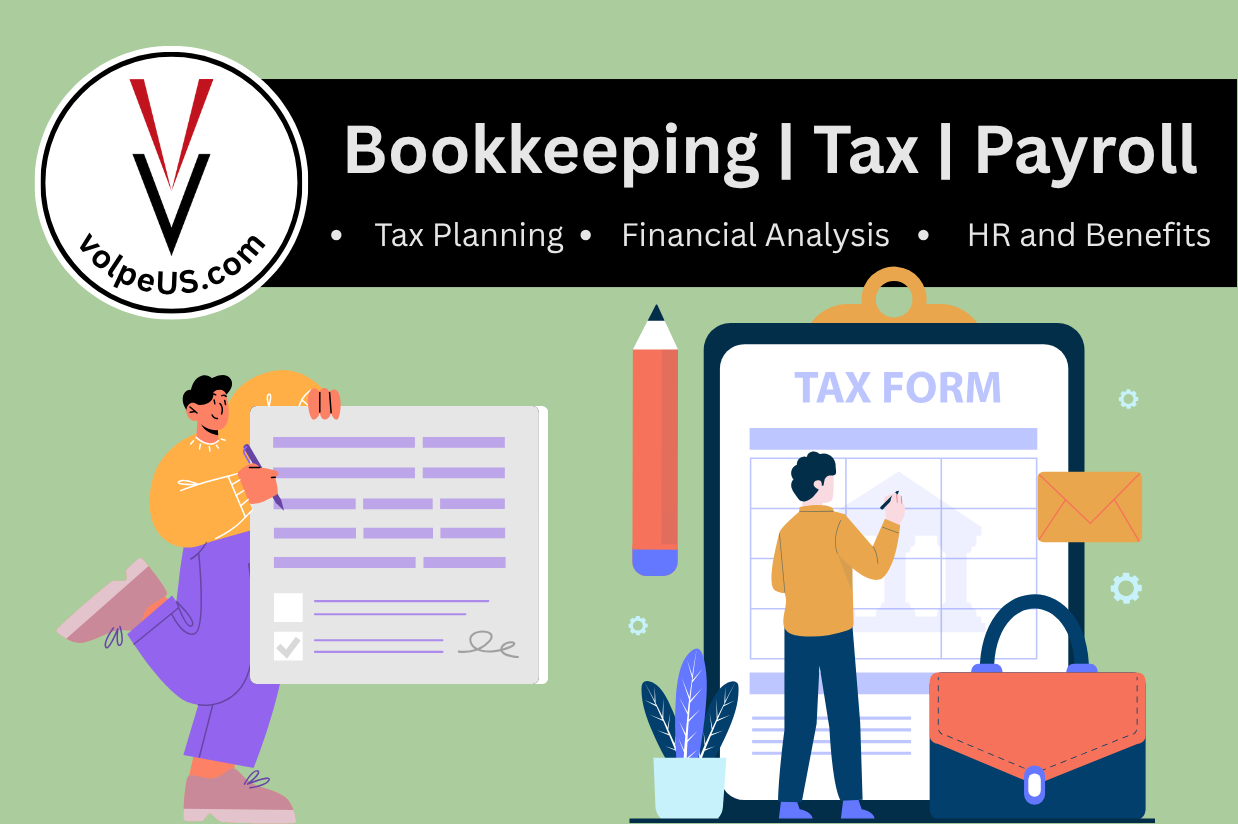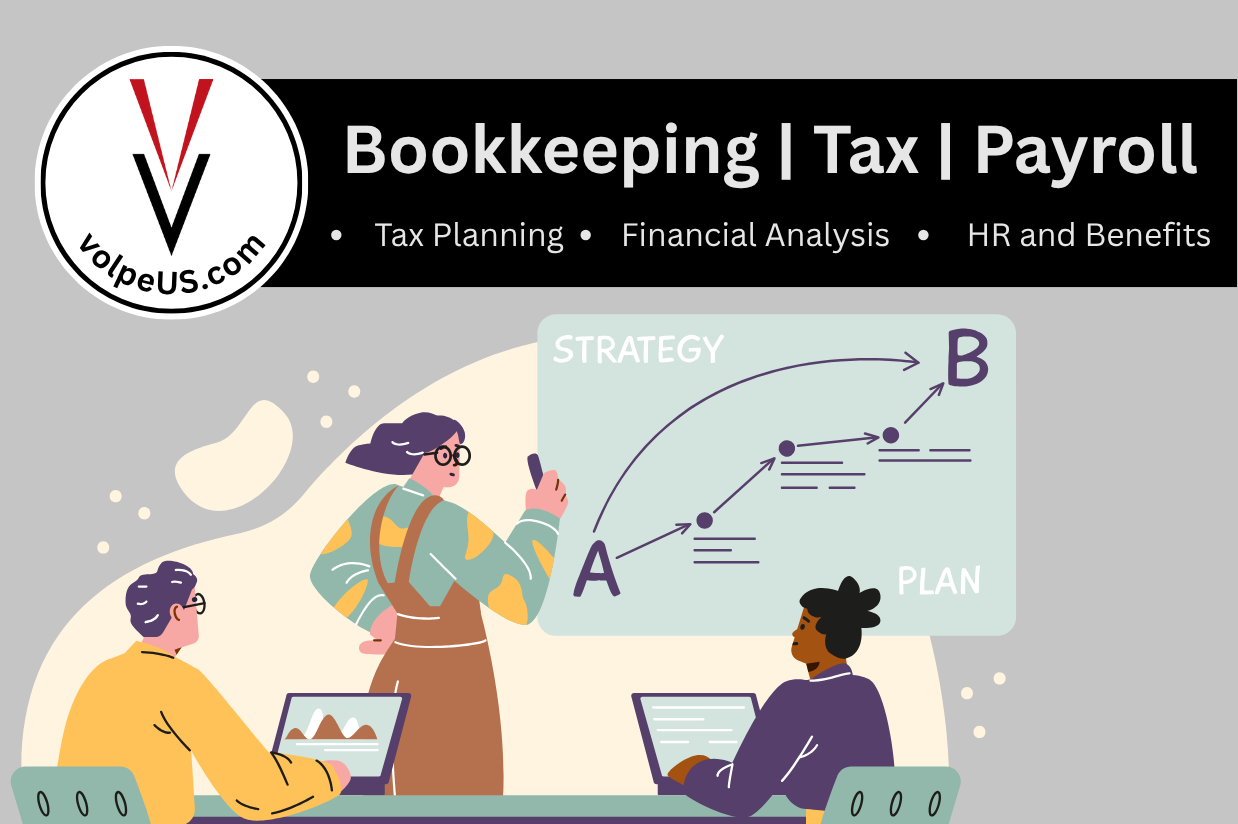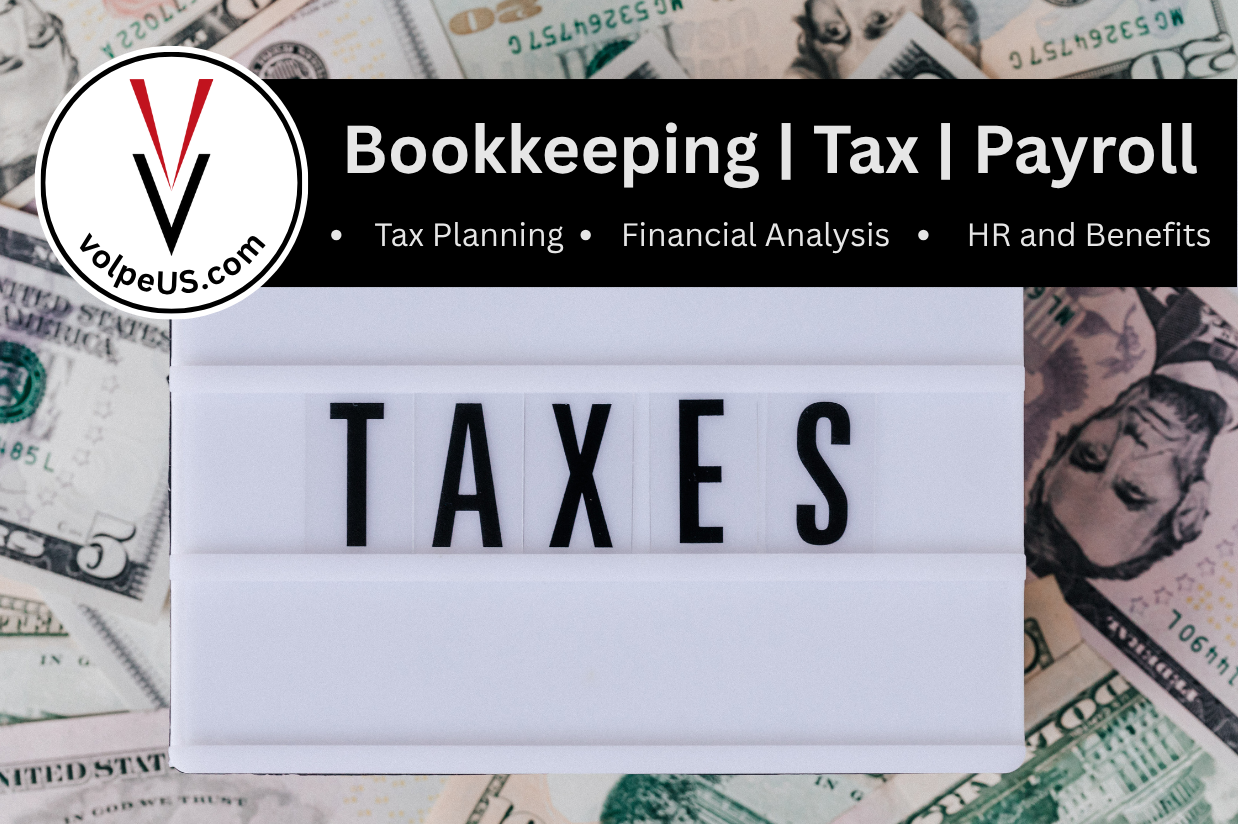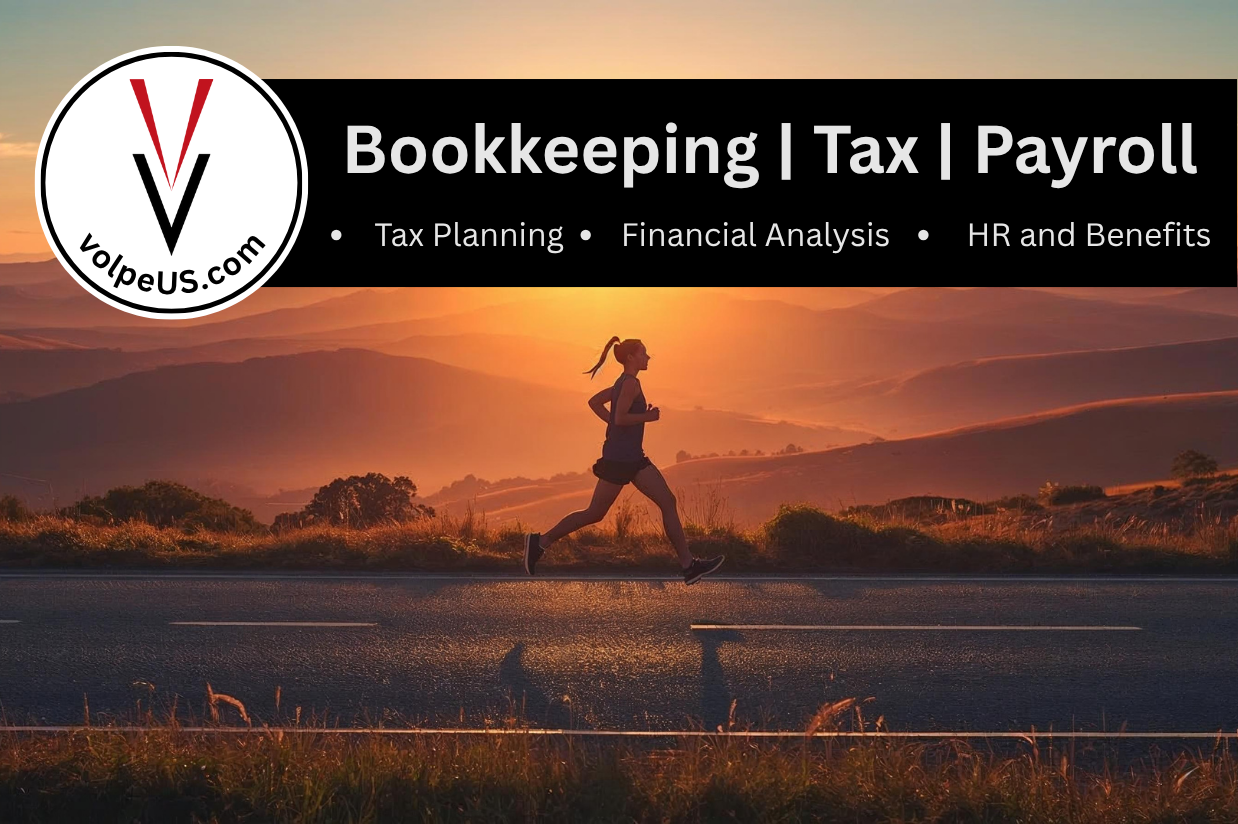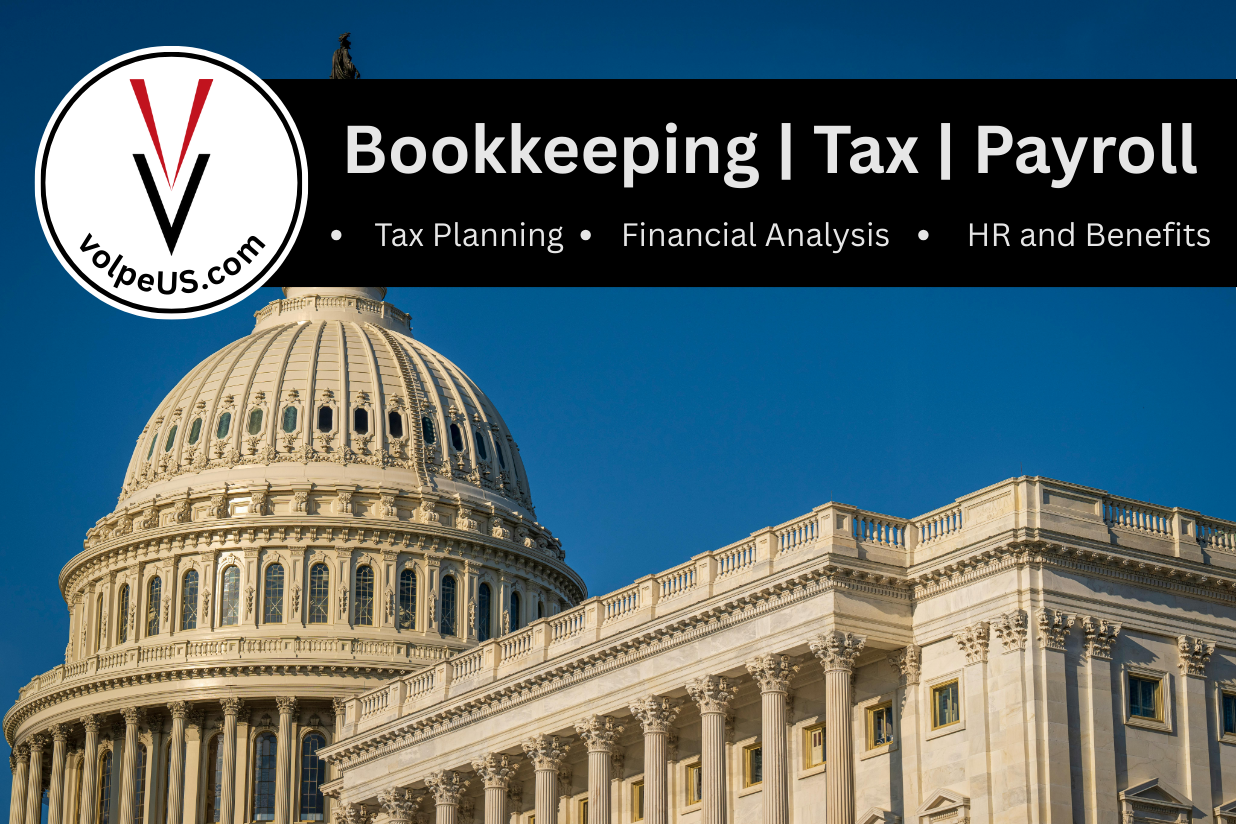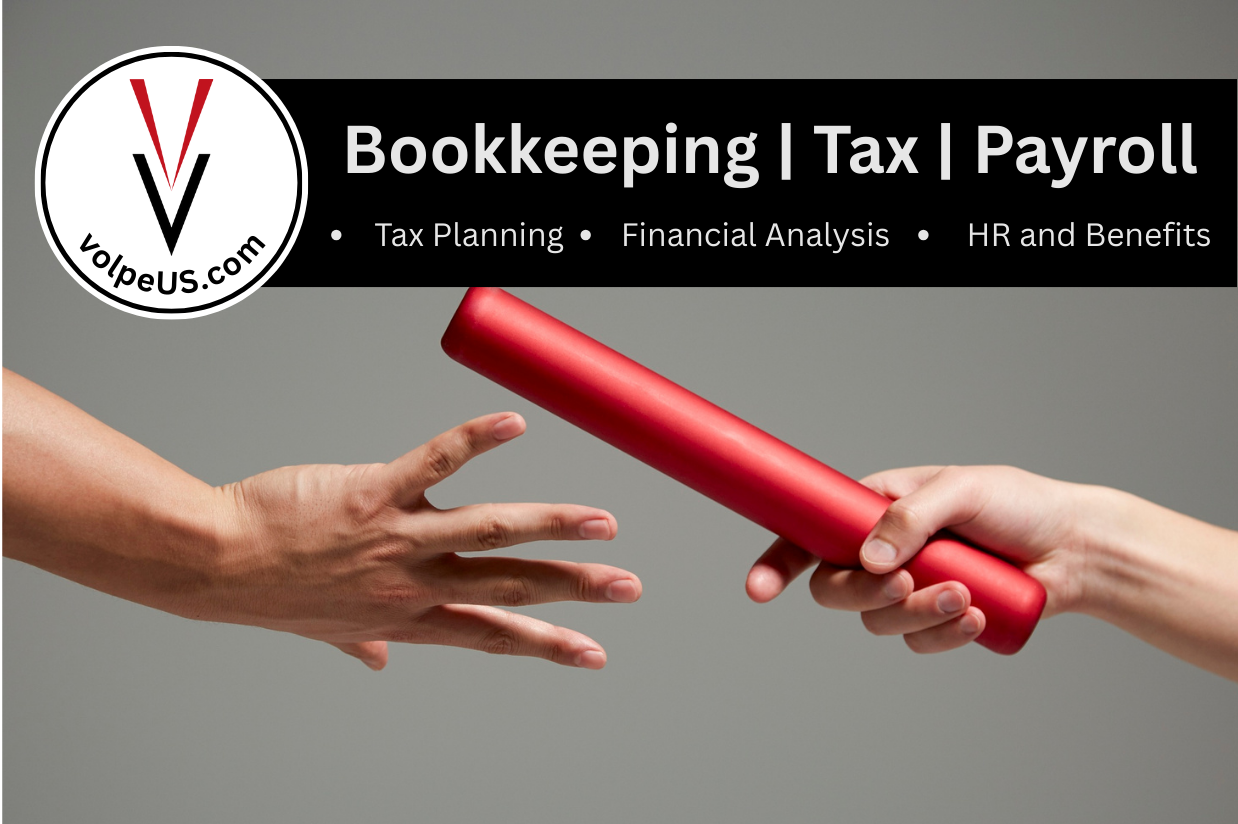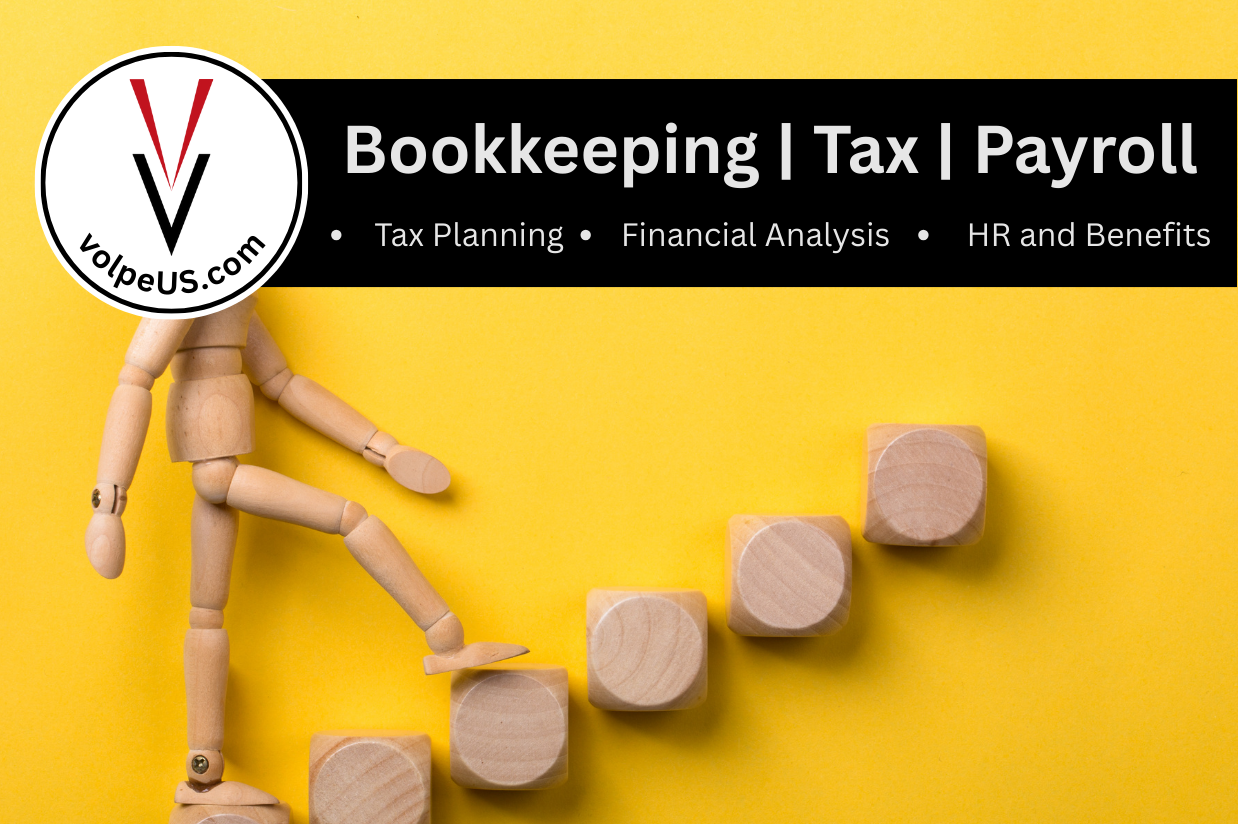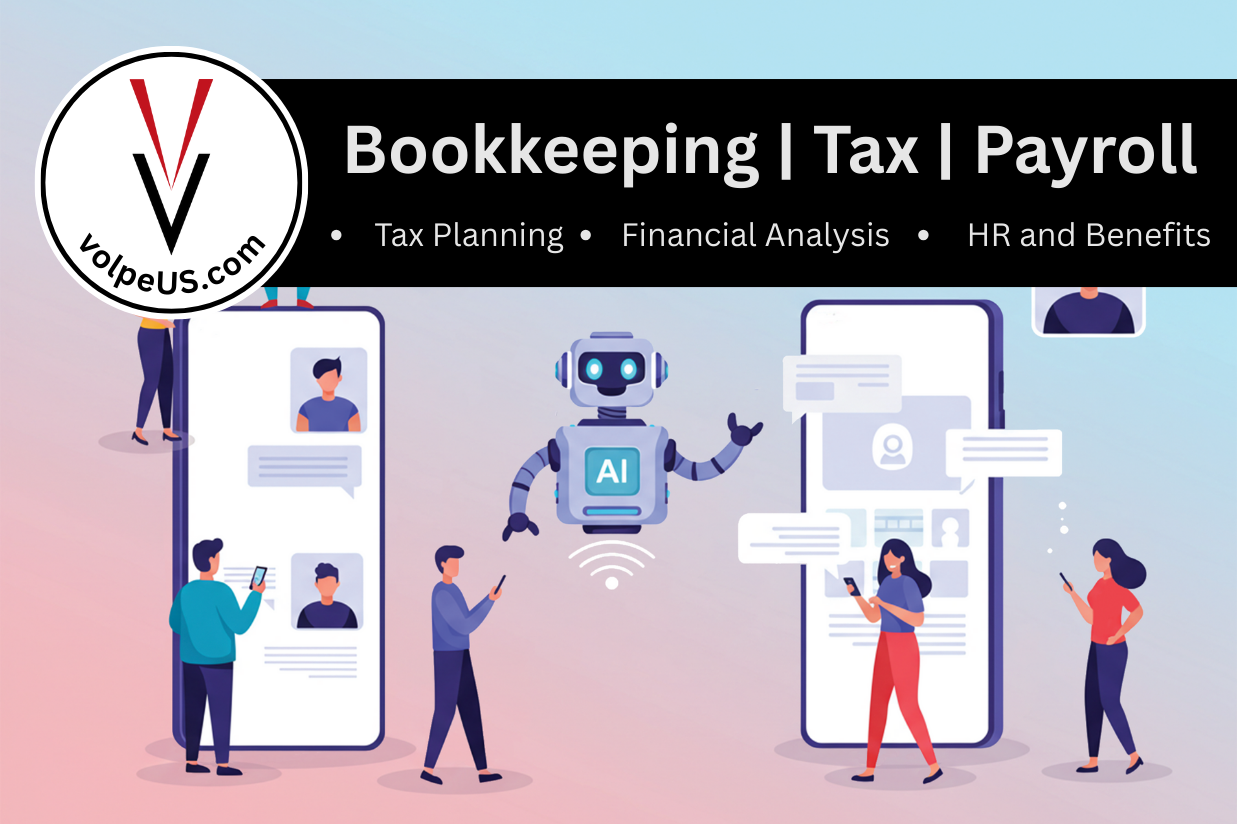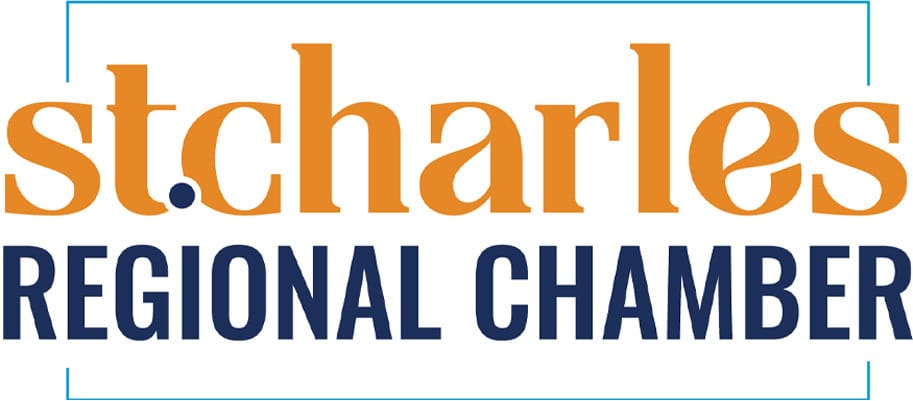As an entrepreneur/business owner, a typical day is filled with decisions big and small, some of which have far reaching implications into the future you might never have imagined at the time. Add to that a business involving employees, and every aspect of your business becomes exponentially more complicated, decisions being no exception.
We are always striving to be more efficient, with our time, money, processes, etc., but mostly with our time. It seems that is the resource we always run short on, and if we could just have a little more please, the rest would fall into place.
Psychological research suggests that the most productive time to work is within the first two hours after you wake up. After that, it appears to be all downhill, crashing just before lunch, rallying again immediately afterword, only to see the same cycle repeated in the afternoon. In fact, the same study maintains that the least productive time of day is mid-afternoon, right around 3 p.m. That’s what I call ” Red Bull ” time!
Decisions suffer too along with productivity because, according to the study “just like your body, your brain gets tired”.
Apparently, the belief is that there is a finite amount of Willpower available in a given day, and otherwise inconsequential choices such as Donut or Danish?, or which tie to wear can ultimately exhaust one’s supply of “Mental Energy” to the point that one’s own ability to choose wisely becomes substantially diminished.
In an article published in the New York Times, Psychologist Roy F. Baumeister states, “It’s the same willpower that you use to be polite or to wait your turn or to drag yourself out of bed or to hold off going to the bathroom,” …..
Decisions, temptation, determination, or patience all take their toll on our reserves of willpower, “Your ability to make the right investment or hiring decision may be reduced simply because you expended some of your willpower earlier when you held your tongue in response to someone’s offensive remark or when you exerted yourself to get to the meeting on time.”
One amazing side note to this thinking is the fact that leaders like Barack Obama and Mark Zuckerberg wear the same thing to work every day, since it removes their need to make a decision about how they’re going to dress.
Following this theory it makes sense then why some organizations, schools and even cultures rely more heavily on uniforms as a way to convey professionalism while maintaining compliance but also to decrease ” Brain Strain ” so that members/ students/ people will be more productive.
What’s your take?



